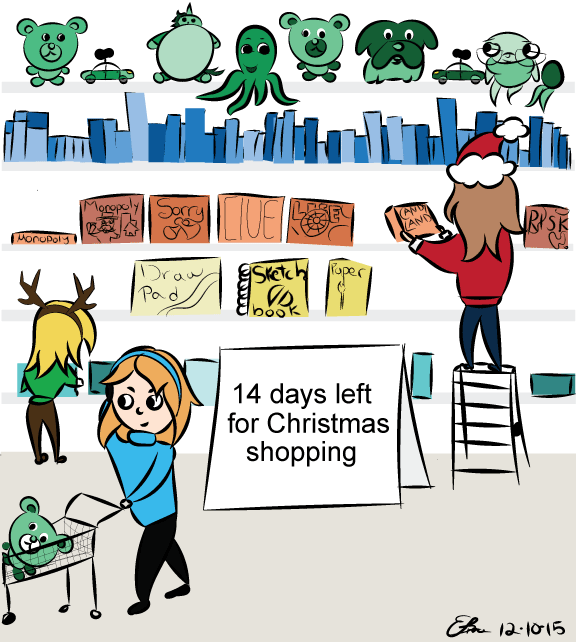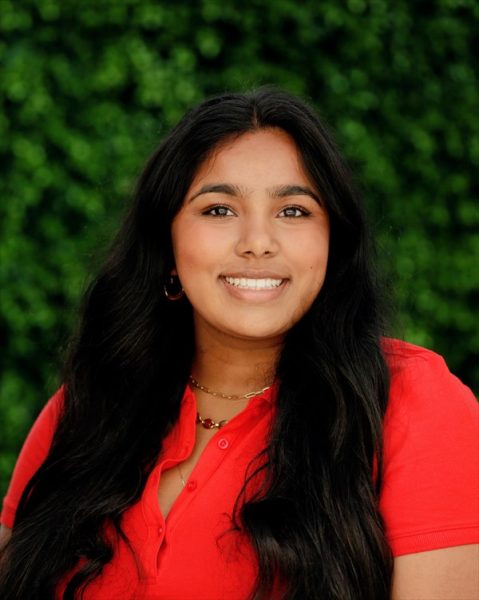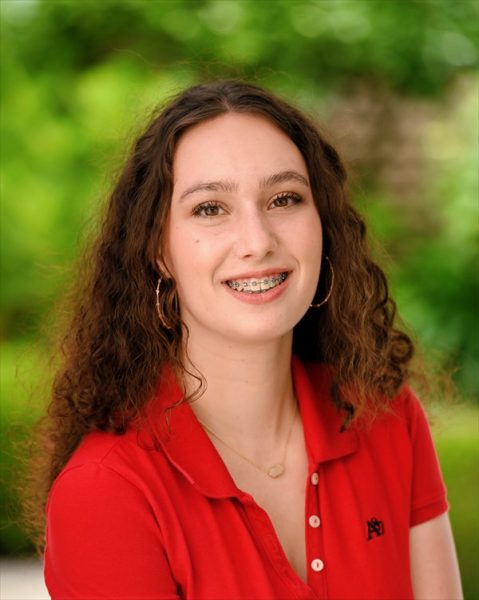Holidays inclusive to non-Christians
December 10, 2015
Despite social media complaints of Starbucks’ red and green holiday cups not being “Christmasy” enough and Christmas cards more often depicting Santa flying over the Golden Gate Bridge or reindeer riding on cable cars than the baby Jesus, the “secularization” of Christmas allows inclusion of a more diverse community into a Christian religious celebration.
“It’s like when you go to a restaurant where nobody knows anyone, but we hear someone say the ‘Happy birthday to you,’ we all sing together with them,”the Rev. Linh Nguyen, Parochial Vicar at St. Vincent de Paul Church on Green Street, said about inclusion during the holidays.
“We learn to celebrate the birthday of someone we don’t know,” Nguyen said. “Indirectly we already understood that life is so precious, life is so beautiful and life is so meaningful to everybody, and we should celebrate.”
The celebration of a winter holiday has deeper roots that predate religious interpretations.
“These celebrations went by many names over the millennia, and everyone did it their own way,” theology teacher Paul Pryor Lorentz read from David Wong’s “The True Meaning of Christmas (That Everyone Forgets)” during Chapel last week.
Wong writes that despite all the differences people have, they still come together to celebrate the end of the year “Deep down, I think the message was always the same: ‘We made it through another year, some of us won’t see spring, let’s spend a few days reminding each other of what’s good about humanity.’”
“Human beings can all celebrate their friendship: children to parent, parent to children, friend to friend, people to people,” Nguyen said. “Somehow, someway, we see that Christmas brings peace, joy and happiness. It is to love and be loved during Christmas.”
Despite being the minority in a religious community, students who are not Christian still find ways to join the winter celebrations.
“I’m not extremely religious,” junior Masha Kozlova, whose mom is Russian Orthodox and dad is Jewish, said. “But for holidays, my family usually celebrate a hybrid of like Christmas and Hanukkah. My family gathers and eats a holiday meal of Russian traditional foods. After we’re done eating we exchange gifts for Christmas and get money for Hanukkah.”
Nonreligious people still celebrate their families and friends with traditions such as decorating and exchanging gifts.
“So even Christian or not Christian, religious or not religious, everyone benefits from this peace, and this loving and happy celebration,” Nguyen said.
Commercial corporations benefit from the inclusivity of Christmas being more secular.
Macy’s, whose stores celebrate Christmas through annual parades and tree lightings with carols, focuses on creating inclusion for everyone no matter what their religious background is, according to Betsy Nelson, Macy’s Vice President of media relations and cause marketing on the West Coast.
“Macy’s policy is that our stores must and will reflect the diversity of our customers, our organization and our society throughout the year,” Nelson said. “Our intention is to make every customer feel welcomed and appreciated, whether they celebrate Christmas or other holidays.”
Christmas is a time to celebrate with everyone, not just the group someone belongs in, according to Nguyen.
“I see the meaningfulness of peace,” Nguyen said. “We believe as Catholics and Christians that Christ will bring joy, happiness, hope and peace in this Christmas season to everyone.”










